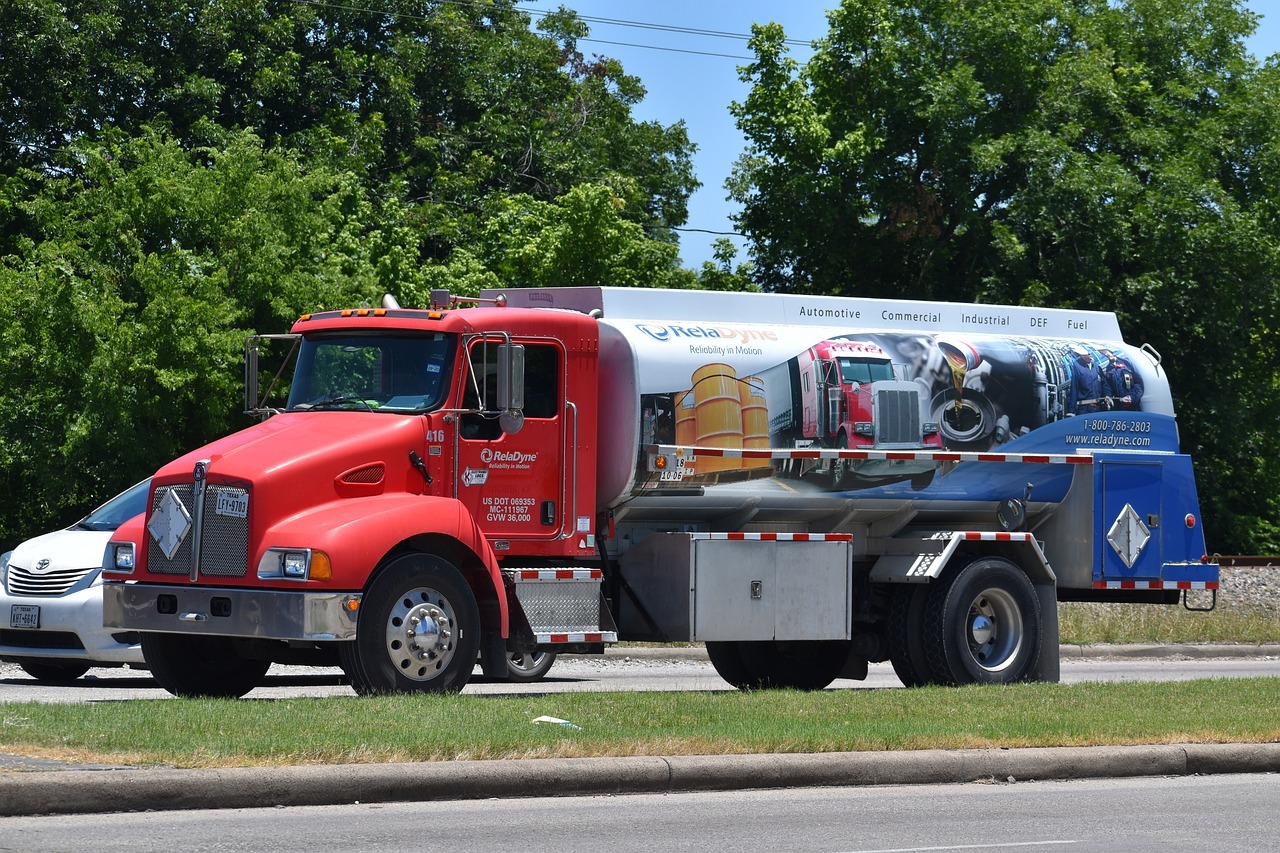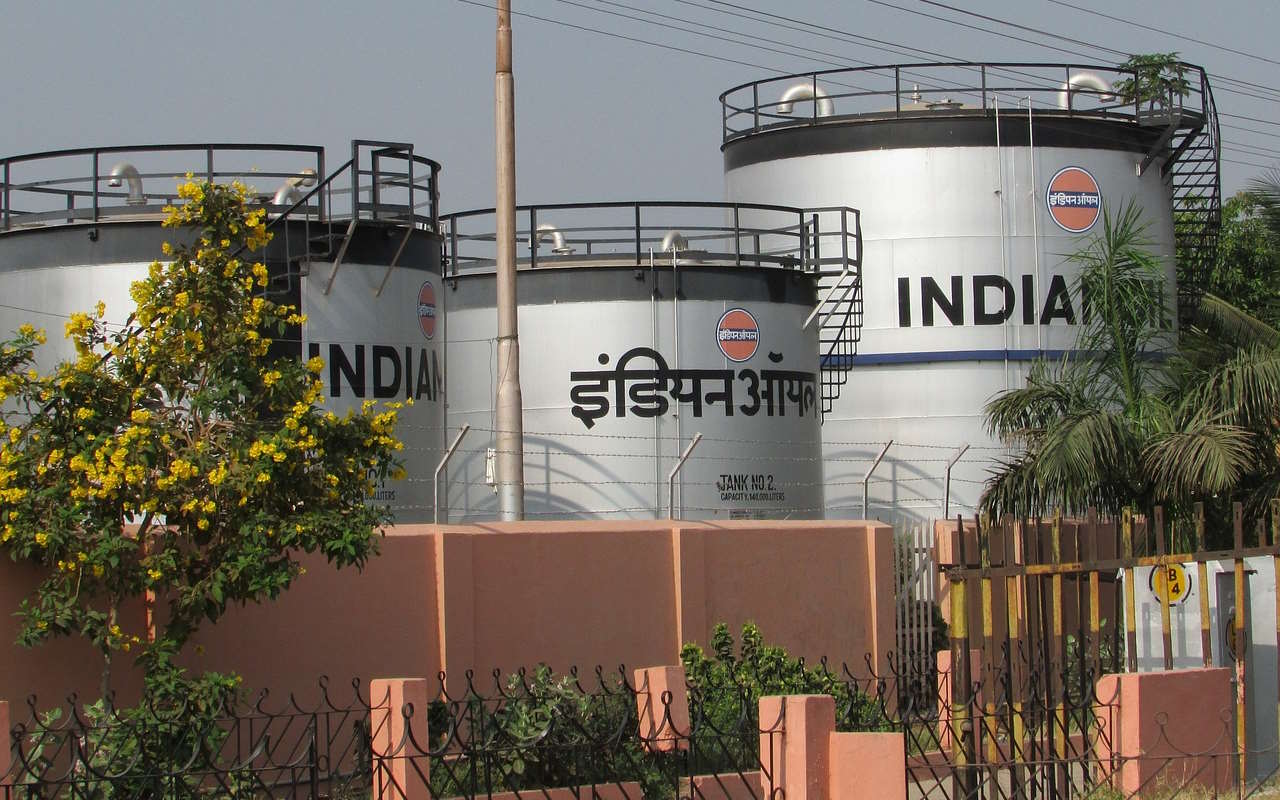Diesel fuel is essential for various industries, from transportation to power generation, but it comes with a unique set of risks. Ensuring the safe storage and dispensing of diesel fuel is critical for preventing accidents, protecting the environment, and maintaining operational efficiency. This guide explores best practices, safety standards, and practical tips for securely managing diesel fuel in your facility.

Understanding the Risks of Diesel Fuel
Diesel fuel, while less volatile than gasoline, is still a flammable and hazardous substance that poses several risks. If not stored and dispensed properly, it can lead to fire hazards, spills, and contamination of the environment. Diesel spills can be particularly dangerous due to the risk of soil and water contamination, which can take significant time and resources to clean up. Ensuring diesel is handled safely is not just about complying with regulations, but also about mitigating these potential hazards that can harm people, wildlife, and ecosystems.
Proper Diesel Fuel Storage Requirements
To prevent leaks, spills, and contamination, proper storage is essential. Diesel fuel should be stored in containers specifically designed for the task. These storage tanks need to meet strict regulations concerning materials, size, and location. The containers must be made of corrosion-resistant materials and equipped with safety features like overfill protection and venting systems to prevent pressure buildup. For example, Unity Fuel Solutions’ DEF transfer tanks are designed to safely store and transfer diesel exhaust fluid (DEF) and can be an excellent option for businesses looking for reliable, compliant storage solutions. Additionally, it’s important to store diesel fuel in a well-ventilated area away from sources of ignition. The storage area should be marked with safety signs, and fuel tanks should be regularly inspected for any signs of damage or wear. Keeping the storage area clean and free of debris is also vital in reducing the risk of fire or accidental spills.
Selecting the Right Fuel Dispensing Equipment
Fuel dispensing systems must be chosen with safety in mind. Proper equipment can significantly reduce the risk of spills, contamination, and fire. When selecting a dispensing system, ensure it is compatible with the type of diesel you are using and meets regulatory standards, as drum pumps are a common choice for diesel transfer, offering both efficiency and compliance with safety requirements.
Key features to consider include automatic shut-off nozzles, spill containment systems, and fuel monitoring technology. Automatic shut-off nozzles prevent overfilling, while spill containment systems help manage any fuel that escapes during the dispensing process. Fuel monitoring systems allow for real-time tracking of fuel levels, dispensing rates, and usage, which can help prevent errors and unauthorized access.
Routine Maintenance and Inspections
Routine maintenance and inspections are critical to ensuring the safe operation of both storage and dispensing systems. Tanks and dispensing equipment should be regularly inspected for leaks, rust, and any signs of wear or damage. A detailed maintenance schedule should be followed to address potential issues before they lead to accidents.
Another key aspect of maintenance is ensuring that all safety equipment, such as emergency shut-off valves and spill kits, is in working order and easily accessible. Regular testing of these safety systems can save valuable time in case of an emergency.
Safety Protocols for Diesel Fuel Dispensing
Before dispensing diesel fuel, it’s crucial to follow all established safety protocols. These include ensuring that the area around the dispensing station is clear of obstructions and flammable materials and that workers are properly trained in handling diesel safely. Personal protective equipment (PPE) should also be worn, including gloves, goggles, and flame-retardant clothing.
In addition to personal safety measures, emergency procedures should be in place in case of a spill or fire. These procedures should be well-known by all employees and should include steps for evacuating the area, notifying emergency services, and using the proper spill response equipment. It’s also a good idea to keep an updated inventory of emergency supplies, such as fire extinguishers and absorbent materials.
Environmental Considerations
While ensuring safety, it’s also important to consider the environmental impact of diesel fuel storage and dispensing. In case of a spill, having an effective spill containment and cleanup plan is essential to minimize the damage. Diesel is harmful to both soil and water, and spills can have long-lasting environmental effects.
Consider installing secondary containment systems such as berms or dikes around your fuel storage tanks to prevent fuel from spreading in the event of a leak. Additionally, environmental regulations require that fuel spills be reported promptly to the appropriate authorities. Having a clear plan in place can help you avoid costly fines and environmental penalties.
Compliance with Regulations and Standards
In many countries, there are strict regulations governing the storage, dispensing, and handling of diesel fuel. Compliance with these regulations is not only a legal obligation but also a key component of an overall safety strategy. Regulatory bodies such as OSHA (Occupational Safety and Health Administration) and EPA (Environmental Protection Agency) set guidelines for everything from tank construction to spill reporting procedures.
It’s crucial to stay up-to-date with any changes to these regulations and ensure that your storage and dispensing practices align with them. Regularly reviewing and updating your procedures, along with conducting employee training, can help maintain compliance and prevent violations.

Safe storage and dispensing of diesel fuel are essential components of workplace safety, environmental protection, and regulatory compliance. By following best practices, using the right equipment, conducting regular inspections and maintenance, and ensuring employee training, you can mitigate the risks associated with diesel fuel. With a proactive approach to safety and compliance, your operations will run smoothly, while minimizing the chances of accidents or environmental damage.